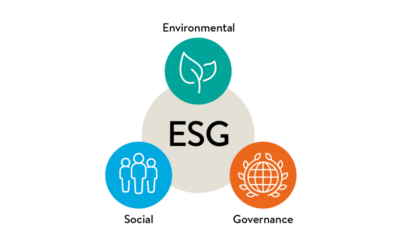During commercial contract negotiations, having a basic understanding of the functioning of the court system of a country is helpful for informed decision-making about jurisdiction clauses. So how about the Netherlands?
The Dutch Court System
In the Netherlands, the judiciary comprises 11 district courts, four courts of appeal, and the Supreme Court (Hoge Raad der Nederlanden). There are specialized courts for administrative matters. Most civil matters begin in district courts, with appeals possible to higher courts. Apart from the grounds of appeal, the courts of appeal can review cases de novo. The Supreme Court, as the highest court, does not adjudicate issues of fact. It has special competence to decide on lower courts’ preliminary questions of law.
Cases are typically decided by one judge in the first instance, with more complex ones being presided over by three. There are no juries and no discovery or disclosure phases prior to initiation of the proceedings on the merits.
Specialized divisions of the courts handle specific types of disputes. The Enterprise Chamber of the Amsterdam Court of Appeal, for instance, handles corporate disputes (e.g. inquiry and squeeze-out proceedings). Similarly, the Netherlands Commercial Court, a specialized chamber of the Amsterdam District Court and Amsterdam Court of Appeal, handles international disputes, where possible in English and with the proceedings being tailored to the parties’ preferences.
Arbitration and Mediation
The Netherlands has a long tradition as a venue for international arbitration. The Hague, where the Permanent Court of Arbitration has its seat, is a popular venue for international arbitration. Mediation is also commonly used for dispute resolution. As mediation is voluntary in nature, few mandatory rules apply.
Enforcement of Foreign Judgments
Foreign judgments can be enforced in the Netherlands after being declared enforceable by a Dutch court in an exequatur procedure. No enforcement order is required for the enforcement of decisions concerning civil and commercial matters originating from EU Member States.
If an enforcement order is required to enforce a foreign judgment, a Dutch court may recognize and essentially adopt the foreign judgment without reviewing it on the merits, if (i) the foreign court’s jurisdiction was based on internationally and generally accepted grounds, (ii) due process was observed in the foreign proceedings, (iii) recognition does not violate Dutch public policy (a frequent ground for dispute), and (iv) the judgment is not inconsistent with any other judgment capable of recognition in the Netherlands.
The EU’s formal accession to the Hague Judgments Convention on 12 July 2022 aims to facilitate recognition and enforcement of judgments between EU Member States and other contracting states relating to civil and commercial matters. In time, this Convention could benefit relations and contribute to the recognition and enforcement of judgments between the EU and countries with more restrictive legal systems, such as many common law countries and China – assuming, of course, that these also accede.
Comments or questions? Let me know!
Gundo Haacke, Interim Legal Counsel & Owner of Haacke Commercial Legal Services.
Blog article first published on 19 April 2024.




